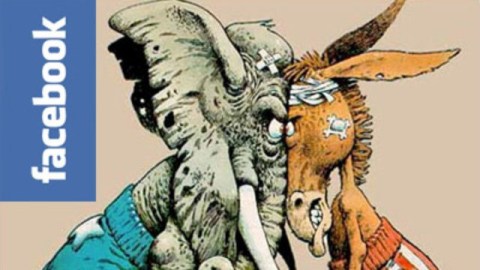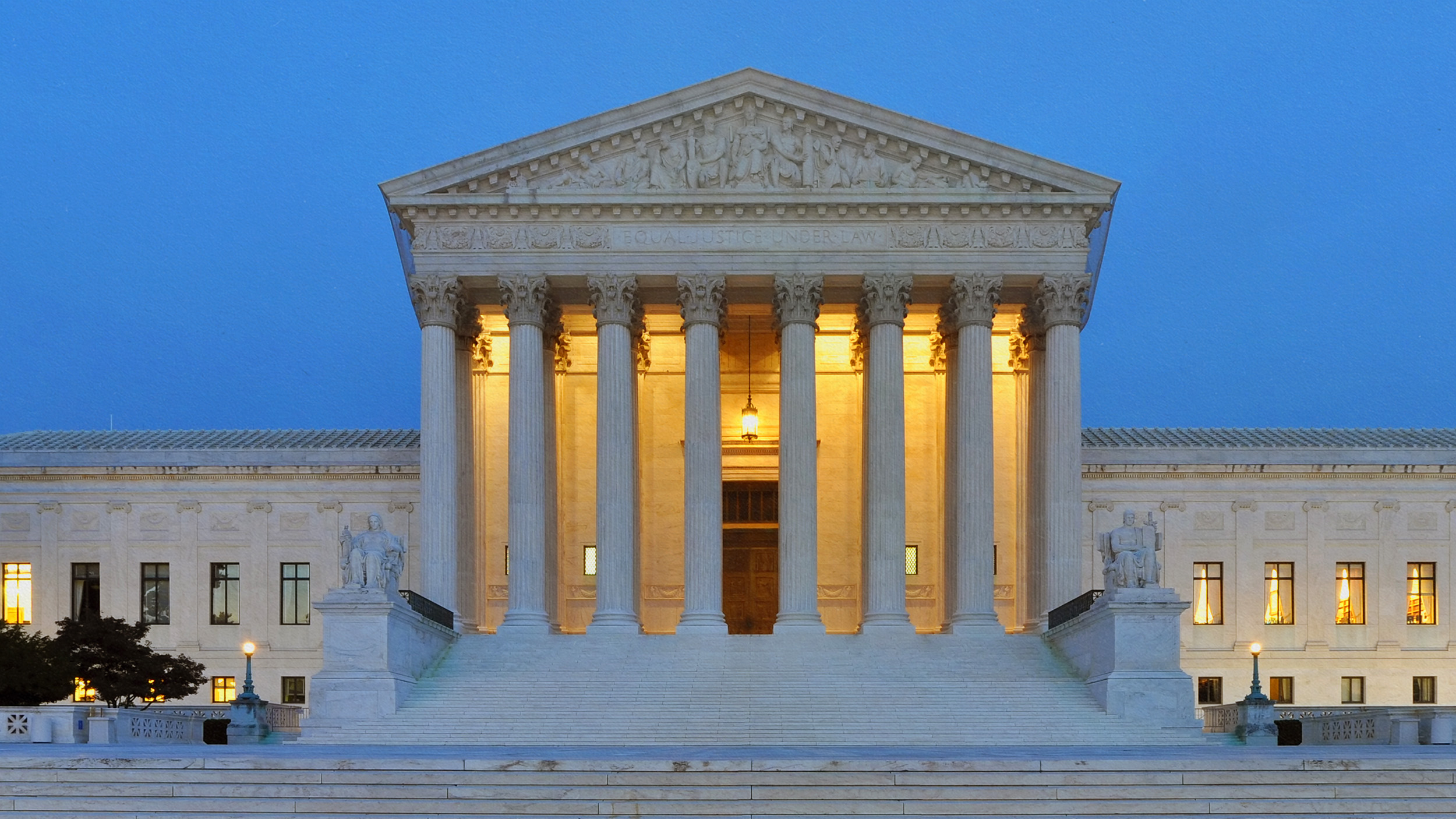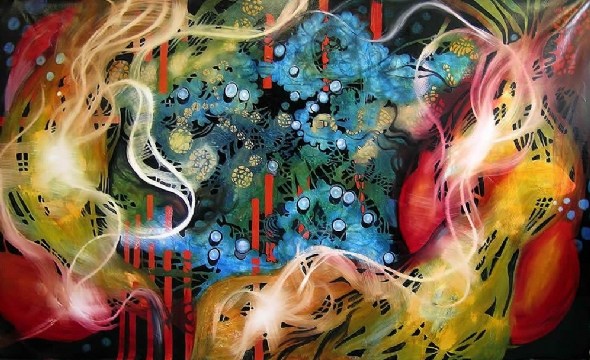Politics, Facebook and Our Like/Dislike Culture

At the Washington Post today, UCLA professor Ramesh Srinivasan has a useful “5 Myths About Social Media” op-ed. His #5 myth relates to past discussion here at Age of Engagement. See links to related posts below. This is a complex topic, especially one to cover in a brief op-ed but it is very useful for researchers to raise these issues, particularly as social media is often discussed in relatively uncritical and overly-optimistic ways relative to politics.
# 5 Social media creates a global village.
We’ve long heard that the Internet was supposed to unite people of different cultural and political persuasions. Yet, despite the explosion of online voices, social-media users rarely access opinions that differ from their own, and many social-media sites — with their bifurcated like/dislike, join/don’t join ethos — only perpetuate the sound-bite culture of older media.
Not only are our Facebook friends similar to us (we usually connect through mutual friends and shared interests), but researcher Ethan Zuckerman has shown that the sites we visit reaffirm our political and cultural preconceptions. This homogenization reaches the very machinery of social media — its algorithms — which tailor search results or Facebook feeds according to what the systems “think” users will find most interesting.
Bridging disparate cultural and political backgrounds remains a challenge for social media. To learn from differing viewpoints, the technologies and cultures of social media must evolve so that they bring people together rather than keeping us in digital silos.
See also:
Do Our Media Choices Today Simply Reflect Our Political Identities?
Join Doctoral Students in Examining the Intersections Among Media, Technology and Democracy
Science Journalists Online: Shifting Roles and Emerging Practices
Do Scientists Use Social Media to Influence the Judgments of Others?
How Scientists View the Public, the Media, and the Political Process





